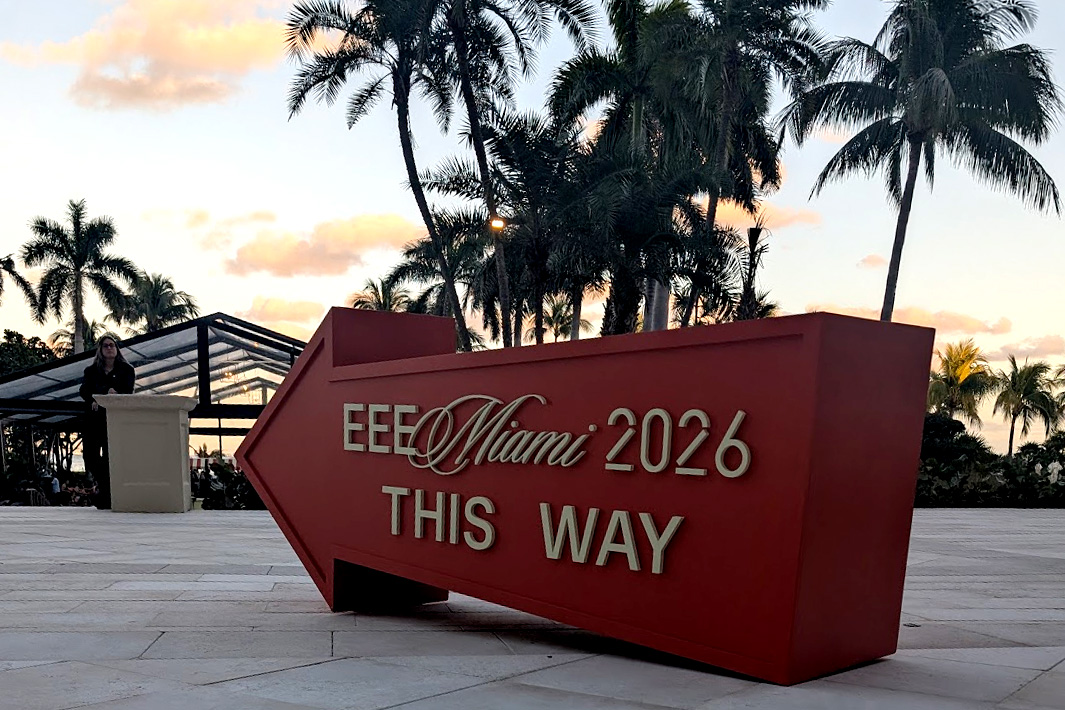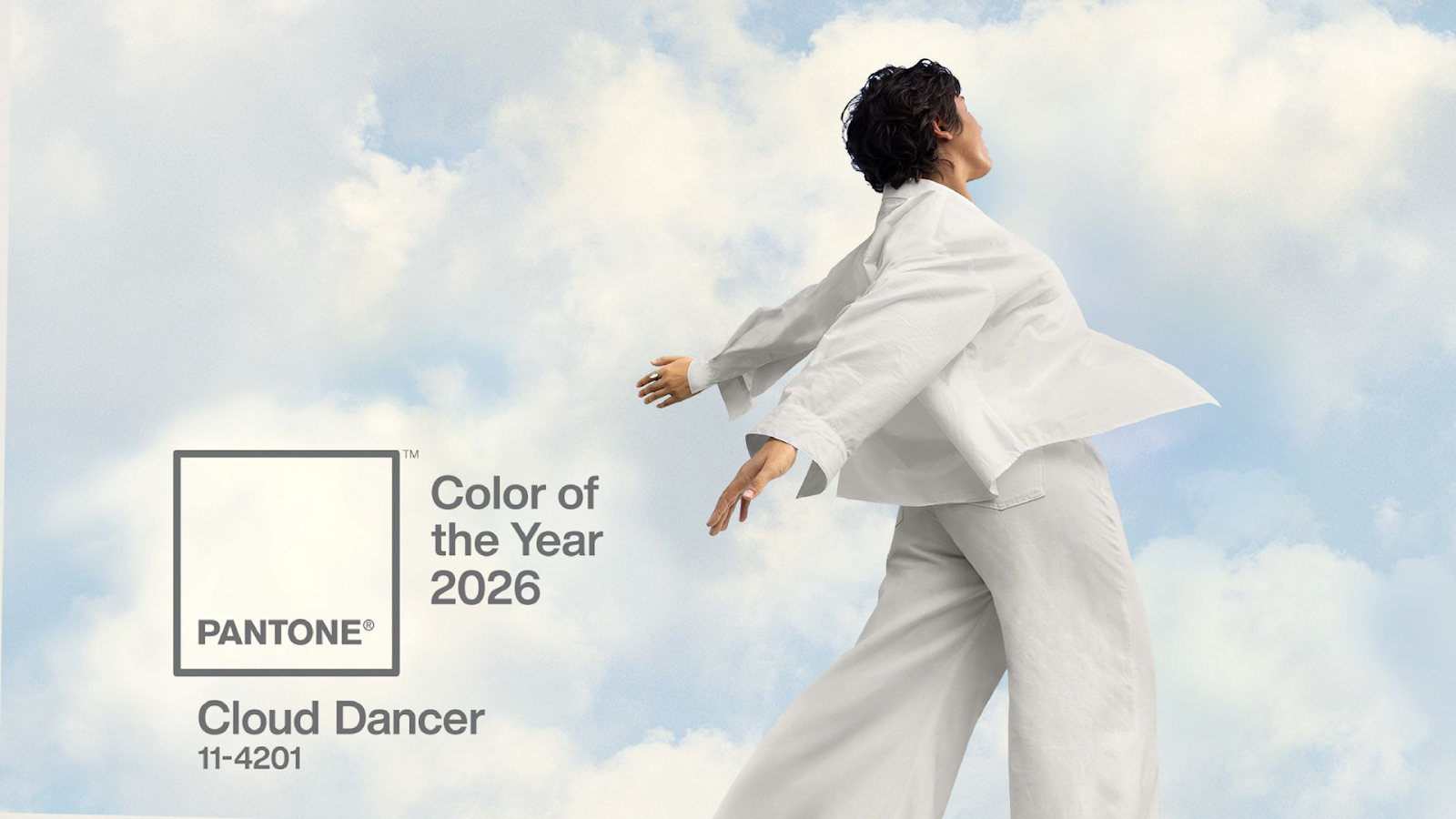
Welcome to the decade of sympathetic influence


We’re in 2021 now (more like December 38th, 2020, amirite?) and with it, we enter a new decade of change. This decade will see untold investment in green energy, public transit, and space exploration. Emerging from the past two decades of inward retreat, looking into our future, I realize that there is so much promise for a future-looking world.
That world will be reinformed by the new global and economic powers. I’m talking about India and China, who will, in this decade and the next, surpass the USA as the #1 and #2 economic superpowers. For as long as I’ve been alive we’ve heard stories about Western influence on culture and the middle class in Asia. Our exports of Americana have been adopted en masse—from Mickey Mouse to Captain America. From music to art to technology, American influence can be found in the cultural emergence of these two economies and their citizens.
But the world is changing. We’re entering a decade of sympathetic influence. This phenomenon—that a cultural change instigator can itself be changed—can be seen just about everywhere. In less than a decade, we saw Apple eschew skeuomorphism (the concept of designing digital interfaces to mimic real-world interactions, such as a note-taking app resembling a physical legal pad) for digitally-native icons. eCommerce has developed a unique language that does away with the “shopping cart” and the “checkout” in favor of one-click and always-logged in stateful payments.
And now it appears in the culture. K-pop is being delivered to our televisions via popular video games like Just Dance, or through social media apps like TikTok (another Chinese import). Bong Joon Ho’s Parasite won Best Picture at the Oscars in 2020, a first for a foreign-language film. From Katy Perry to Drake, Asian influences are being sampled and remixed to stay relevant to the changing tastes of the American public.
Work itself is changing. Building a wall to prevent the import of undocumented migrant labor is anachronist in the digital economy. How do you compete with influencer schools in china? No border wall cannot stop a digital cultural migration.
Food hasn’t escaped the influence. The explosion of bone broth brands as a category of keto and paleo-friendly food was largely inspired by the rapid spread of pho in non-Vietnamese restaurants in the United States since 2010. Heck, Whole Foods alone carries 98 varieties of bone broth. Newly-launched DTC darlings include FlyByJing, a Sichuan sauce maker, and immi, mail-order “better-for-you” ramen. These imports signal a growing American palate that is exploring more of what the world has to offer.
And the digital influences on the physical are all around us: self-checkout, delivery apps, and mobile payments. Just-walk-out technology is becoming more commonplace. Just-in-time workforce is enabling a new business model of 2-hour delivery in select markets thanks to FastAF and Darkstore.
Culture itself—art, music, fashion, social institutions—will be shaped by freer global markets that are more open, more transparent, and have greater access than they have in the past decade. In part due to the change of governmental priorities here in the States, yes, but also because of the readiness of the West and its society.
The physical world as we know it is being reimagined based on the digital experience economy, and the emergence of new markets. These economic shifts will create opportunities for those who see them as challenges to embrace rather than obstacles to defeat.

Shopify prides themselves on making it easy to begin selling online. But is there such a thing as making it too easy? eCommerce validation tool Fakespot evaluated 124,000 Shopify sites and found that 1 in 5 showed indication of fraudulent activity.

Gorpcore—the term for the appearance of technical outdoors apparel in fashion—continues its ascent. This week, WSJ profiled the trend and the city-slickers exchanging urbane for alpine with brands like Arc’teryx and Helly Hansen. For gorpers, a trip to the corner store may never result in subzero temperatures and gale-force winds, but it does no harm to dress like it might.
Underwear, but make it free, neon, and photo-ready with a moodboard. While other fashion companies struggled, former FC guest Parade drew attention to itself via Instagram and hit $10M in revenue, despite being a startup during a pandemic.

One of our favorite Twitter-threaders, Kevin Lee, announced his new food brand via… yep, Twitter thread. immi is a better-for-you instant ramen packing a whopping 31g of protein per serving and 4x less carbs than traditional alternatives.

It appears that even America’s biggest business tycoons could not transform our healthcare. After putting their heads together for around 3 years to create an innovative solution, Haven Health, spearheaded by Jeff Bezos, Warren Buffet, and Jamie Dimon of JPMorgan are calling it quits on their joint venture in February. Guess we won’t be electing care directly from our Amazon cart.
Queen Elizabeth II gave her Christmas address to the nation via the latest TikTok dance this time around. Or did she? Deepfakes are getting more and more realistic, and we seem to already have a problem with the whole perception versus reality thing. So are deepfakes something that can actually be regulated? And... should they be?











.svg)
